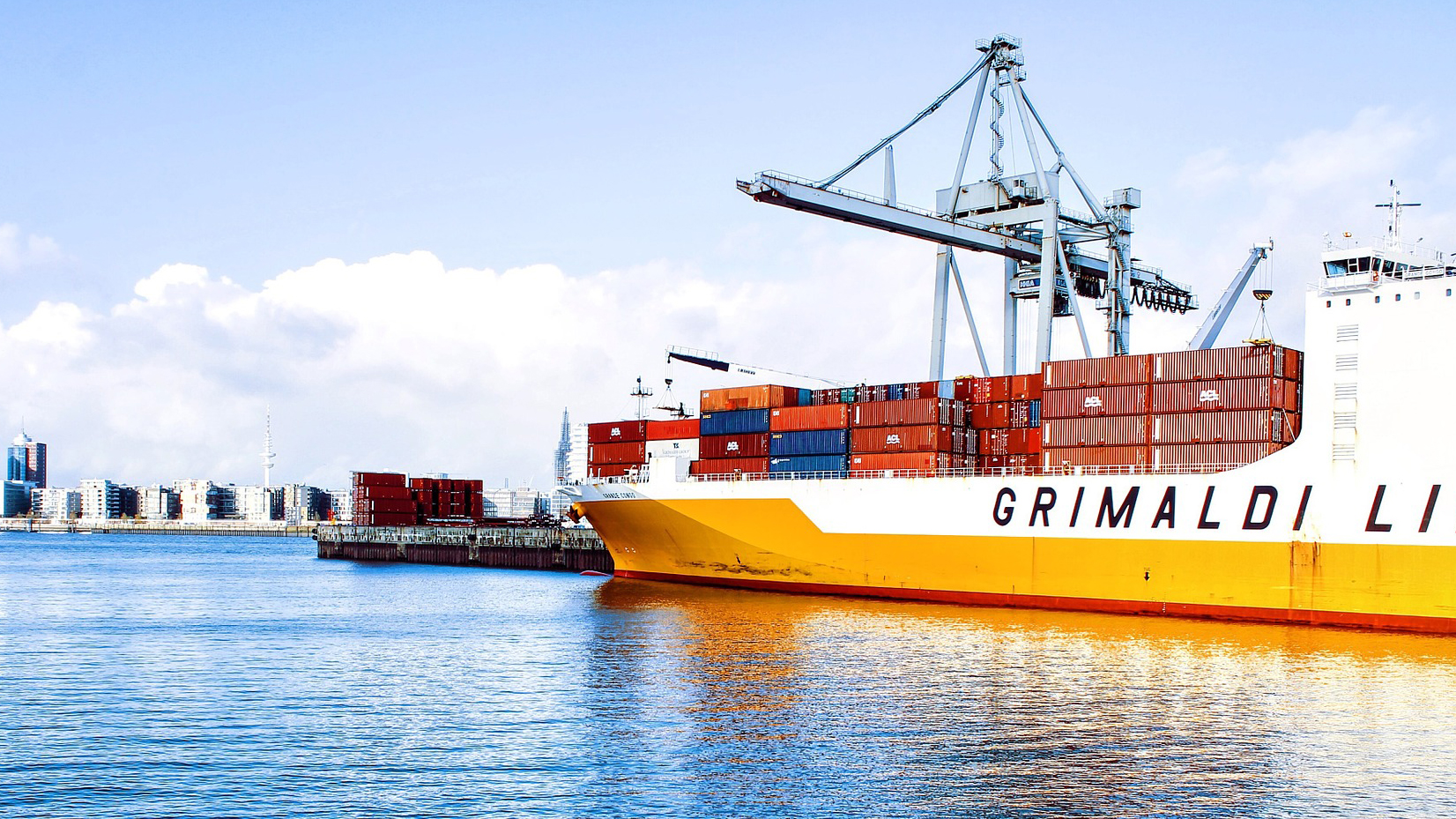As Europe struggles to resolve the eurozone crisis, new research from the International Growth Centre (IGC), based at LSE, argues that African countries are adversely affected by financial crises among their trade partners. This post was written by the IGC’s Nicola Mastrorocco.
In a recently completed paper funded by the International Growth Centre, Philippe Martin and Nicolas Berman argue that the current financial crisis has had a significantly negative impact on African exports.
In relation to the current financial turmoil, they show that African countries are more vulnerable than other countries to financial crises that affect their trade partners. Indeed, this IGC research shows that previously African exports have been hit harder and longer by recessions and banking crises in countries to which they export. This is not only due to the composition of African exports and the concentration on primary goods.
Philippe Aghion and Nicolas Berman have, in fact, found that the higher dependence of African exports on trade finance may explain this particular fragility of African exporters to a banking crisis in importer countries. One interpretation is that during a banking crisis when uncertainty is high, trust and liquidity are low, banks and firms in the importer country first cut exposure and credit to particular countries which are seen as more risky. This would, in particular, affect trade finance through letters of credit, where the importer pays the exporting firm in advance.
It is also likely that during banking crises, financial institutions “renationalise” their operations and reduce their exposure to foreign banks and firms. Exporters in countries with a strong financial system may be better able to resist such retrenchment of foreign banks. Clearly, for African firms which are more dependent on foreign finance, this option may not be feasible. However, the results of the research point to the role that some forms of financial development may play in helping to cope with external shocks such as financial crises in partner countries.
Finally, the researchers distinguish between an income effect (during a banking crisis, income and exports to the country fall) and a disruption effect (a banking crisis disrupts the financing of trade channels). For the average country, the disruption effect is moderate (a deviation from the gravity predicted trade of around 3 to 5%), but long lasting.
It is apparent that the disruption effect is much larger for African exporters as the fall in trade (relative to gravity) is around 15 percentage points higher than for other countries in the aftermath of a banking crisis. Part of the vulnerability of African exports in the short-run comes from a composition effect because primary exports are disrupted more severely than manufacturing exports. However, the dependence of African countries on trade finance also explains the vulnerability of African exporters to banking crises in partner countries.
The findings imply two broad policy implications in the present context of the financial crisis in Europe. From a short-term macroeconomic policy perspective, they point to the importance of the trade impact for both African countries and remote countries (which may at least partly be the same). From a more long term and micro perspective, it suggests that developing and strengthening the role of the government through the implementation of trade policies, trade finance markets and of more generally stable domestic financial markets are crucial in the current context of financial turmoil. This may help lower the dependence of exporters of financial conditions in destination countries.
Follow the IGC on twitter on @The_IGC.







